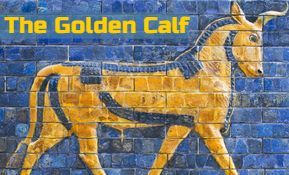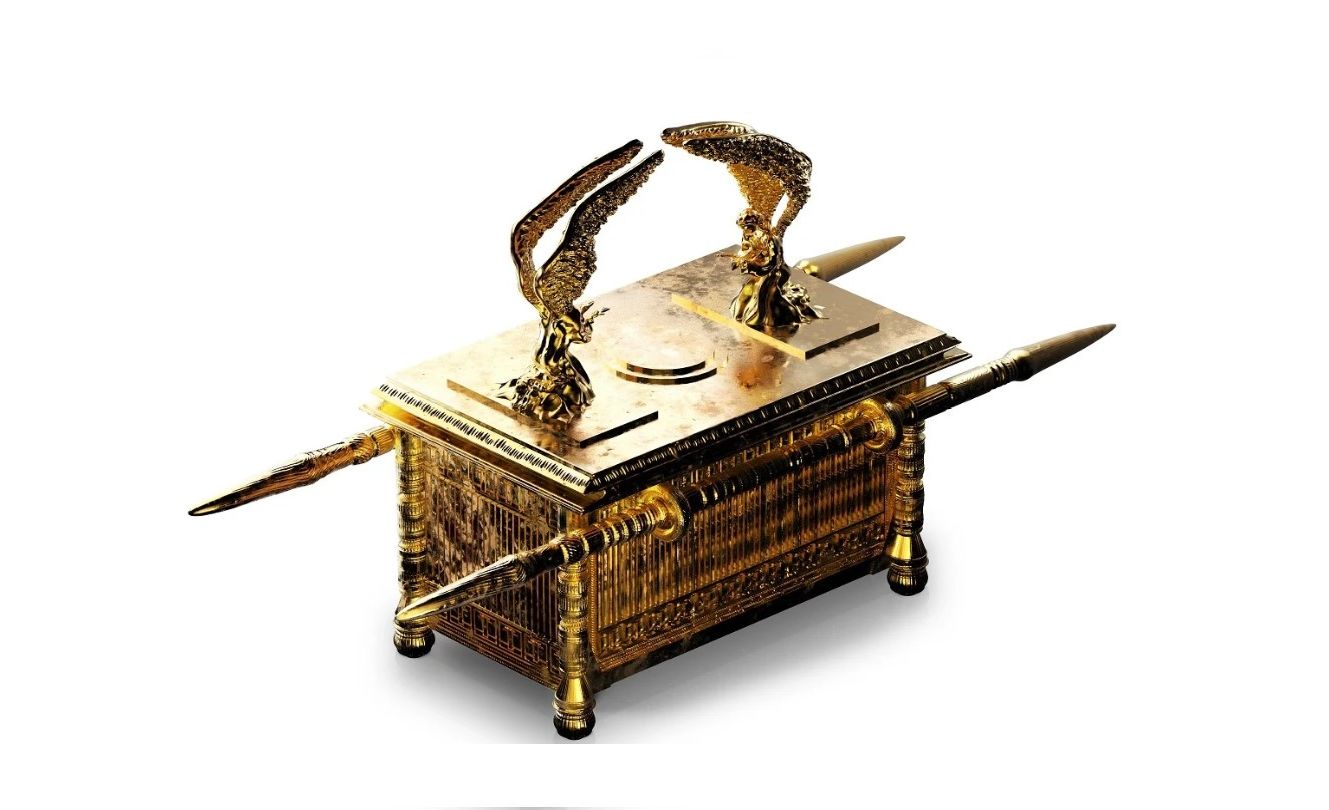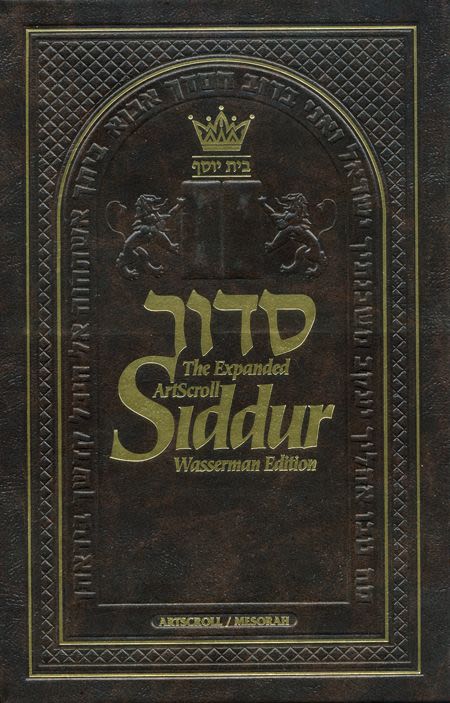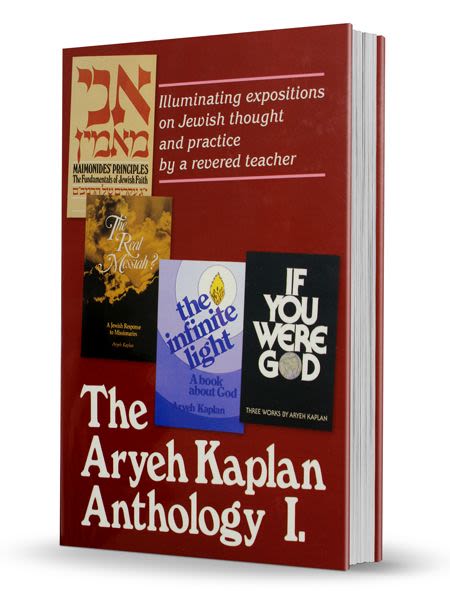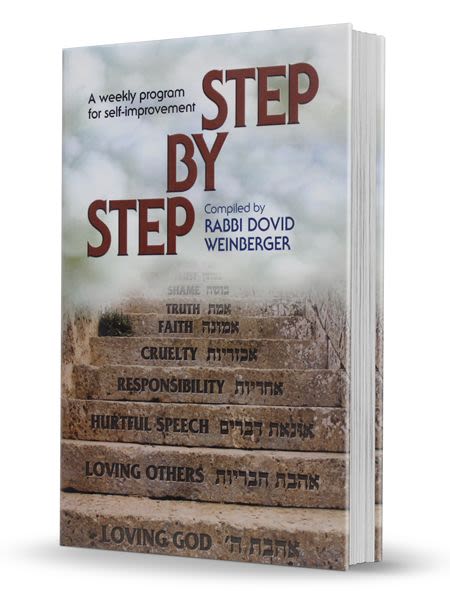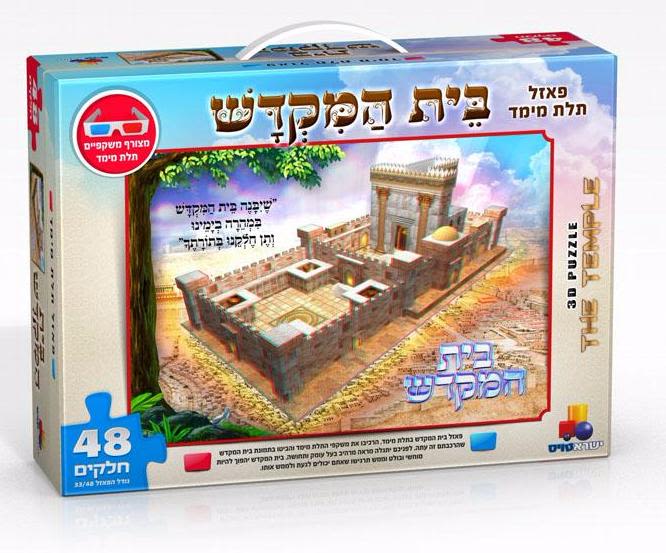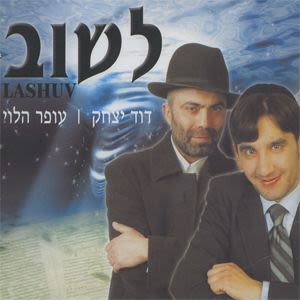
Lech Lecha: Find Yourself
God commanded Avraham to find himself, “go to yourself.” He had to remake his entire being, and become truly independent...

Nature of a Test
A profound change in the spiritual nature of mankind began with Avraham and his offspring. According to the original plan of Creation, all human beings would have a share in fulfilling the Divine mission and the Torah would be given to everyone. After twenty generations of failure, Avraham and his descendents earned this privilege of becoming God’s Chosen People. They received the Torah and the role of leading the world to perfection, bringing the entire world to accept the sovereignty of the One God (Derech Hashem).
But Avraham did not just fall into this new status. He had to prove his greatness by passing ten tests of faith (Avot 5:3). A Heavenly test forces us to choose between God’s will and our own nature or understanding of what is right. It would not have been a challenge to ask Avraham, the epitome of kindness, to sacrifice his health and well being to run to serve guests, as we see in Parshat Vayeira (Bereishit 18). And in fact, the commentaries do not consider it to be one of Avraham’s ten tests.
The first of these ten trials mentioned in the Torah is contained in the first passage of this week’s Sidra, the command that Avraham give up his entire past and follow God’s lead to a new land:
“Hashem said to Avram, ‘Go for yourself from your land, from your birthplace, and from your father’s house to the land that I will show you” (Bereishit 12:1).
Because he dedicated his life to kindness, it was a supreme test of faith for the loving and devoted Avraham to desert his aged father and homeland. Through subordinating his natural inclination and wisdom in order to fulfill God's commandment, he demonstrated his conviction that man’s highest goal is to accept the Divine command as the sole truth.
Why Are We Tested?
Since God knows all future events and how every person will respond to any given situation, why did Hashem need to test Avraham? According to the Rambam (Moreh Nevuchim 3:24) the trials were meant to teach the world how a great man should obey God. Avraham’s faithful obedience under extreme pressure set a precedent for the rest of humanity.
The Hebrew word for test is nisayon, which has the same Hebrew root as nes, banner. The trials elevated Avraham like a flag that flies high above an army or a ship. God elevated Avraham, trial after trial, greatness after greatness (Midrash Rabbah Bereishit 22).
Ramban (Nachmanides) explains a trial differently. Of course God knew that Avraham would persevere in all his trials. On the contrary, since God is just, He does not challenge a person with a test that he cannot meet. In fact, God only tests righteous people who will do His will, and not the wicked that will disobey. All of God’s trials are for the benefit of the one being tested.
However, only God knows how we will meet the challenge facing us. The person being tested has free will, and he must find the strength and wisdom to choose correctly. If he does, he has transformed his potential into action and has made himself a greater person. For in the Heavenly scales of judgment, actual deed far outweighs mere potential. Thus, he will be rewarded for what he did, and not just what he was capable of doing (Ramban, Bereishit 22).
The Fiery Furnace
As mentioned, the Sages state that Avraham was tested ten times (Avot 5:3). Rashi gives a list of the ten trials in his commentary to the above Mishnah. The first two trials (although not mentioned in the Torah) involve Avraham’s travails from King Nimrod: Avraham hid underground for thirteen years because Nimrod wanted to kill him, and secondly, Nimrod flung Avraham into the fiery furnace.
The Midrash relates that Terach, Avraham’s father, manufactured and sold idols. He complained to Nimrod that Avraham had smashed his merchandise. When Avraham refused to accept Nimrod’s sovereignty over God’s, Nimrod threw Avraham into the fiery furnace.
Avraham’s brother, Haran, was also challenged to choose between the ways of Avraham and Nimrod. He hesitated, and decided to take sides with whoever emerged victorious. When Avraham was miraculously saved from the fire, Haran sided with him, and was thrown into the furnace. Since Haran was only willing to defy Nimrod because he expected a miracle and not because of his firm convictions, he was unworthy of a miracle and perished in Ur Kasdim, literally the fire of the land of Kasdim (Rashi, Bereishit 11: 28).
Thus, Avraham exhibited tremendous self-sacrifice, and reached a pinnacle of faith that empowered him to throw all considerations aside. As a result, he merited a miracle that was denied to his brother.
But the monumental miracle of deliverance from a burning furnace is never mentioned explicitly in Scripture! (It is hinted at in the phrase: “I am Hashem Who brought you out of Ur Kasdim [Bereishit 15:7], which the Midrash explains as referring to the fire of Kasdim, Nimrod’s fiery furnace.)
The test of Lech Lecha, when Hashem commanded Avraham to leave his family and homeland, is mentioned explicitly in the Torah, in this week’s Sidra. This leads us to conclude that the Torah attaches dominating importance to this test. But Avraham’s willingness to jump into a fiery furnace seems to be greater than his trial of leaving home at the age of 75!
“Go to Yourself”
A closer look at the verse that describes Avraham’s test reveals its essence:
“Hashem said to Avram, ‘Go for yourself from your land, from your birthplace, and from your father’s house to the land that I will show you” (Bereishit 12:1).
The order in which Avraham is commanded to leave his homeland appears inverted. First, he would have to leave his father’s house, then his birthplace, and finally he would cross the borders of his land. The verse is obviously not in geographical order. First, Avram is told "from your land," then, "from your birthplace," and finally, "from your father's house."
Secondly, the expression lech lecha, go for yourself, is unusual. It literally means go to yourself. The standard translation follows Rashi’s explanation that God told him to “go for your own benefit and your own good.” This teaches us the all-important lesson that everything God commands us to do is only for our good. Everything He commands is a precious opportunity and never a burden. Still, the literal translation offers a meaningful message.
In contemporary parlance, God commanded Avraham to find himself, “go to yourself.” He had to remake his entire being, and become truly independent: intellectually, emotionally, and spiritually. Thus, the Torah expresses Avraham’s test in ascending degrees of difficulty. It is hard for someone to leave his homeland, even harder to leave his extended family, and hardest of all to leave his parents.
It is certainly difficult to leave behind the mores and culture of one’s host nation. Even after forty years in Jerusalem, a great American-born Rabbi remarked that he still felt a twinge of pride when he heard that the Yankees took the pennant. The influences of our hometown, our extended family, and our friends are even greater, and have a significant effect on our personality and the way we respond to events. The strongest influence is our “father’s house,” to the extent that psychologists maintain that the vast majority of personality development occurs by the age of three.
Therefore, Avraham’s test of Lech Lecha was an ongoing, lifelong challenge to remake himself in the image that God commanded, and to leave behind the influences of his background. Whereas the test of the fiery furnace involved a single, heroic measure of strength, the test of Lech Lecha was day in and day out, moment by moment, to choose life and the Divine directive in every twist and turn of life. Avraham had to find his true self, his neshama, and act in accordance with the spiritual imperative deep within, as opposed to the social conditioning with which he was raised. The Torah considers this the greater challenge: To live with HaShem's truth.
May we be blessed with the strength to live our life according to the beliefs and ideals that reflect the Will of HaShem.



